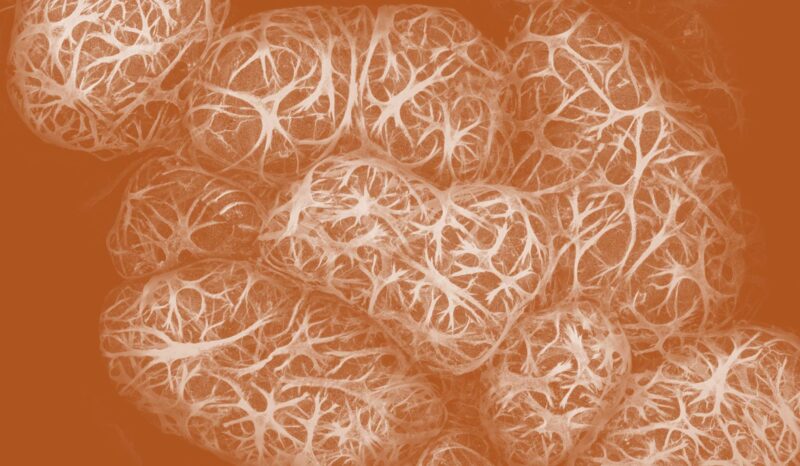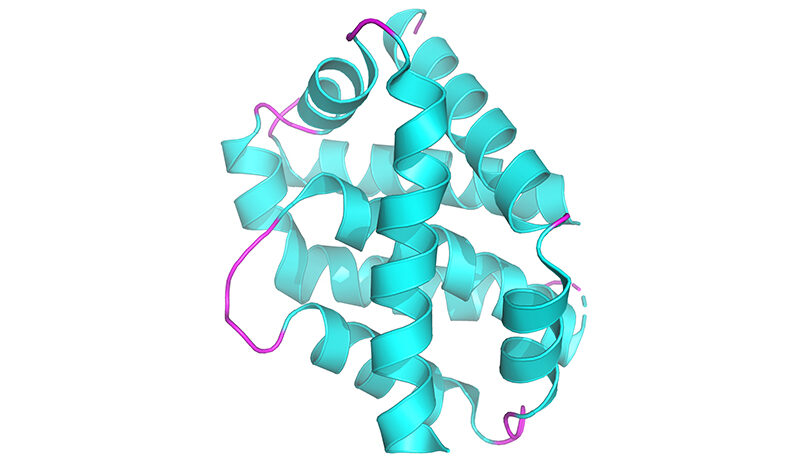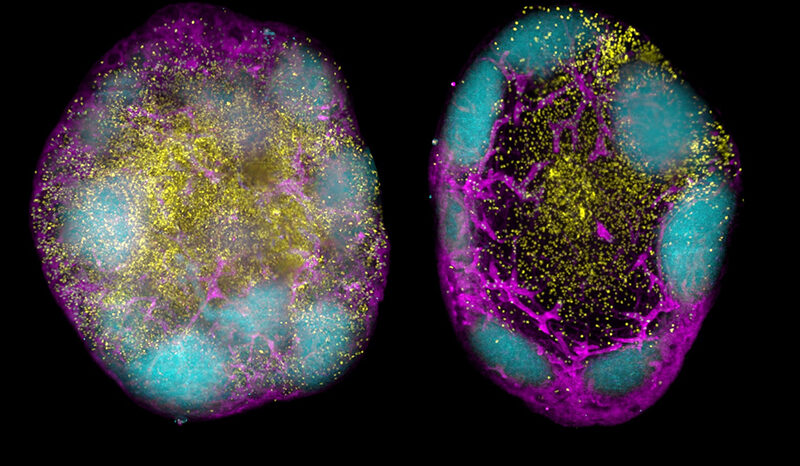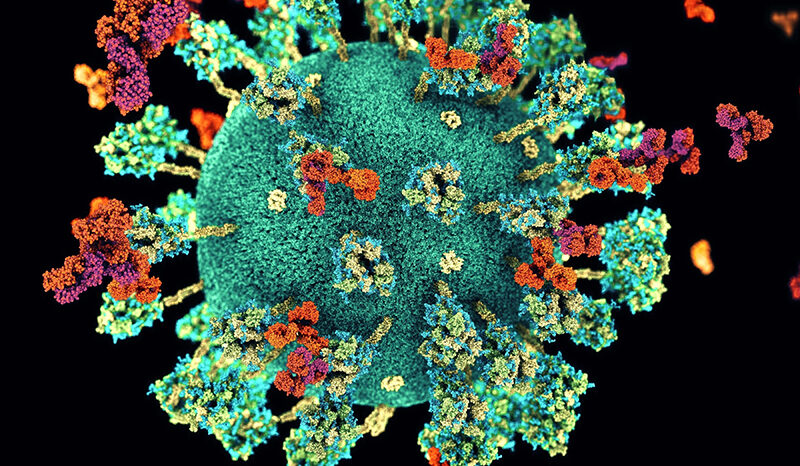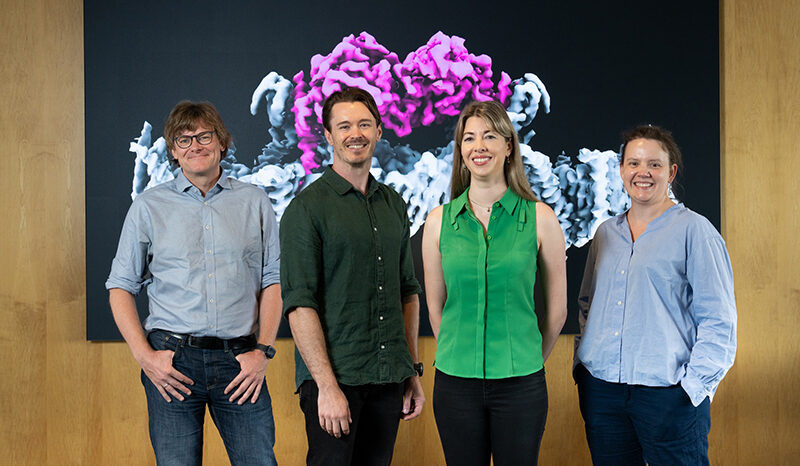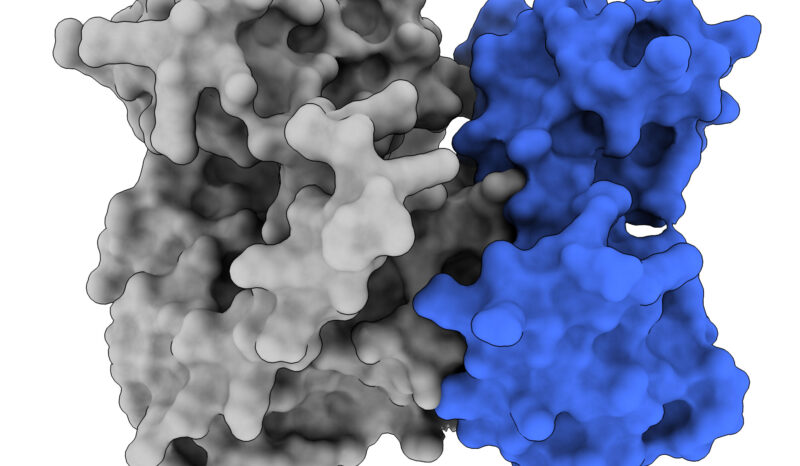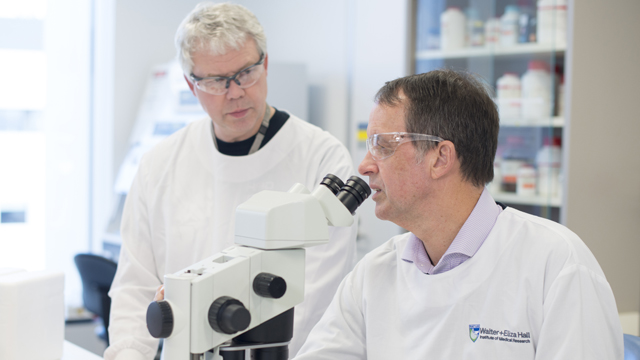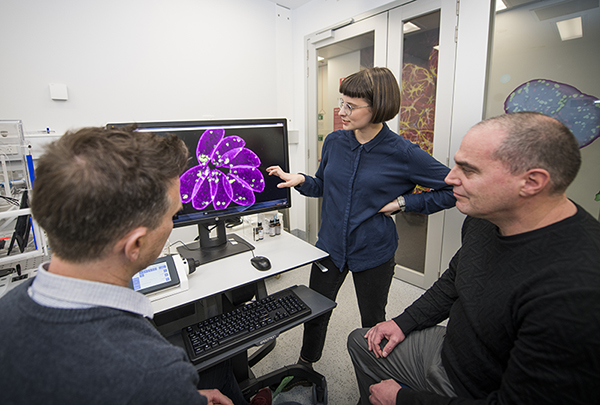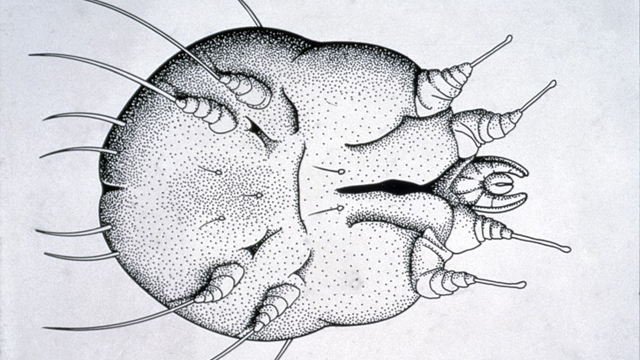Influenza is an infectious disease caused by viral infection of the cells lining the nose, throat and lungs. The influenza virus lives and reproduces within cells, causing symptoms including:
- A high fever
- Headache and body aches
- Extreme fatigue
- Coughing, nasal discharge and sneezing
Influenza can cause serious, potentially fatal, complications including:
- Lung disease, and subsequent bacterial infections
- Heart inflammation and failure
- Brain and liver inflammation, a condition called Reye syndrome
Many of the symptoms of influenza are a consequence of the immune response to the influenza infection.
Influenza occurs when the influenza virus is inhaled. It can be spread between people, or, in some strains, from animals such as birds or pigs, to humans.
Different strains of influenza virus exist. These have different severity and infect different species. Most human influenza is caused by the ‘influenza A’ virus. Influenza strains can be distinguished by variations in two surface proteins called haemagglutinin (H) and neuraminidase (N).
Influenza strains differ in the species they infect – some influenza viruses cannot infect humans. They also differ in the severity of their disease.
Influenza occurs more frequently in cooler months. This is termed ‘seasonal influenza’. Each year, different strains of influenza virus occur. Exposure to these viruses leads to people becoming immune to them – they are protected against a second infection.
Occasionally a strain of influenza emerges that spreads more widely and causes more serious disease and death. This is called ‘pandemic influenza’. Factors enabling an influenza virus causing a pandemic include:
Emergence of a new influenza virus strain that few people have already established immunity to.
The virus triggering a larger-than-usual immune response, which causes illness and death, particularly in young, otherwise healthy people.
Illness and death from influenza are a substantial global health burden. There are 290,000 – 650,000 influenza-related deaths annually. Previous influenza pandemics have claimed the lives of millions of people in one or two years.


